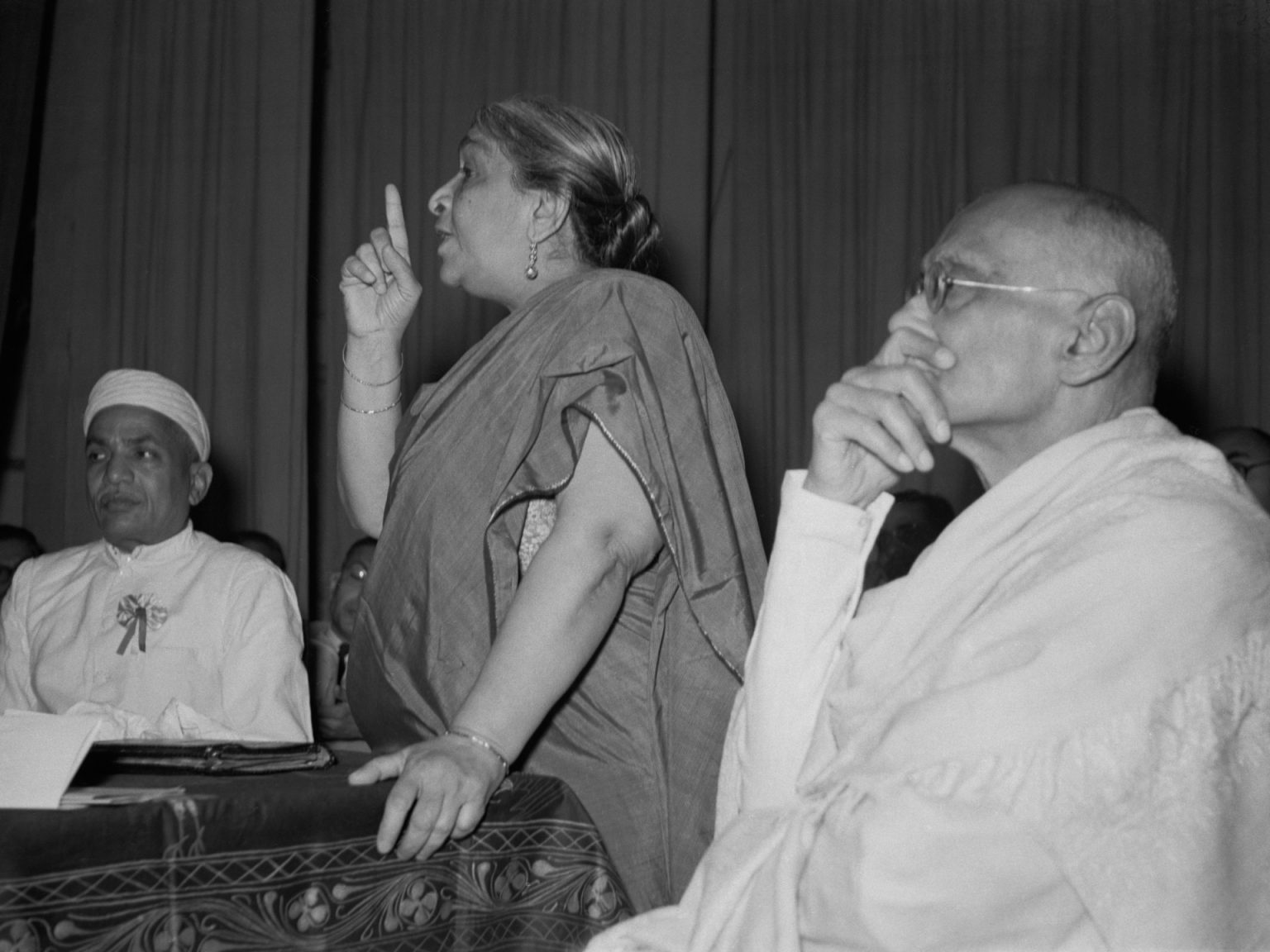Sarojini Naidu, an Indian poet-politician, visited South Africa in 1924 to protest Prime Minister Jan Smuts’s Class Areas Bill, which proposed segregation for Indians. Naidu’s visit was met with opposition, especially from white South Africans, who were glad to see her leave. However, her impact on the country’s Black population, particularly women, was dramatic and lasting. Naidu’s visit led to a shift in opposition politics, with women taking on leading roles and people of different races working together against the white minority government.
Naidu’s visit inspired Cissie Gool, a young Muslim woman from Cape Town, to become politically active. Gool, who came from a prestigious family and had been exposed to liberal ideas during her childhood, was initially hesitant to enter politics. However, after spending time with Naidu, she realized that women could play a significant role in politics. Gool’s first public appearance saw her speaking out against Prime Minister Hertzog’s plan to grant white, but not coloured women, the vote. Gool’s political career was marked by her commitment to fighting discrimination and advocating for the rights of the underprivileged.
Naidu’s visit to South Africa also had a lasting impact on General Jan Smuts, the country’s prime minister. Despite being warned that Smuts would be a tough opponent, Naidu challenged him directly, urging him to leave his prejudices behind. While the Class Areas Bill was put on hold during the 1924 election, it was eventually shelved when Smuts’s racist coalition won power. The legislation enacted by Smuts in the 1920s and 30s laid the foundation for the later apartheid system in South Africa.
After returning to India, Naidu became the first female president of the Indian National Congress and played a significant role in the Indian independence movement. She worked closely with Gandhi, and her influence on him was profound. Naidu’s legacy continued to inspire women like Cissie Gool, who followed in her footsteps and became a prominent figure in South African politics. Gool’s commitment to equality and justice, despite facing numerous obstacles, reflected the lessons she had learned from Naidu.
Cissie Gool’s political career was marked by her dedication to fighting discrimination and advocating for the rights of the underprivileged. She became the first woman of colour to serve on the Cape Town city council, where she continued to push for social and political change. Gool’s legacy as a trailblazer for women in politics, her resilience in the face of adversity, and her commitment to equality continue to inspire generations of women in South Africa. Just as Naidu had looked to Naidu before her, Gool became a guiding star for future generations of women in her community, embodying the values of equality, justice, and empowerment.













